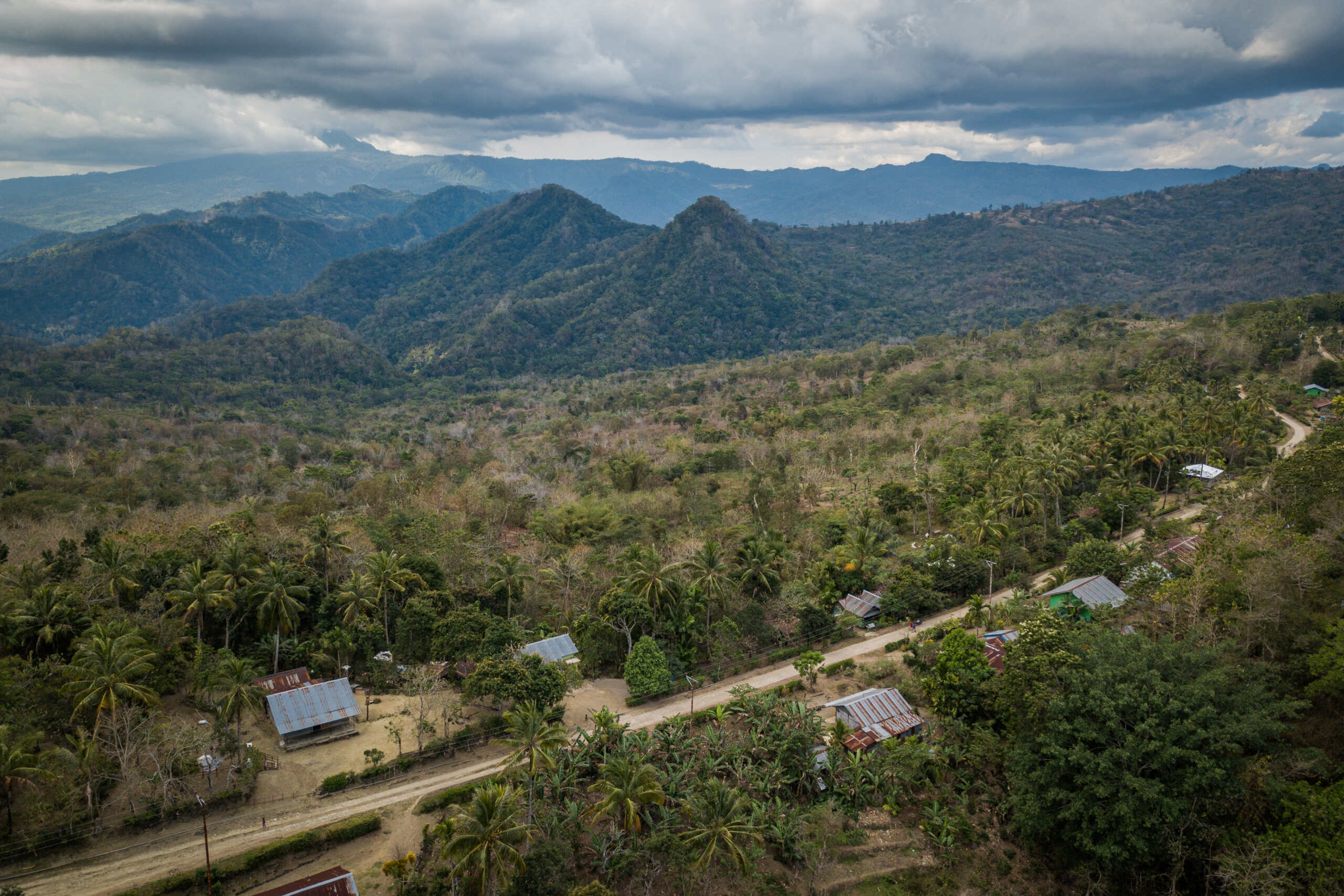CBM’s Inclusion Advisory Group’s Achievements in the first half of 2024
Iag, Stories | September 6, 2024
Our approach at CBMA’s Inclusion Advisory Group (IAG) is to work in partnership with the disability movement across a range of organisations throughout the development and humanitarian ecosystem, to help spark systemic change for disability inclusion and equity.
Here’s a small selection of the types of engagement we have had over the first six months of 2024.
Multilateral partners:
- We continued working in collaboration with UNICEF Australia to strengthen child rights programs in our region by developing a policy paper with UNICEF Timor-Leste on disability and youth participation, and by contextualising UNICEF’s Caring for Caregivers package for a Sri Lanka context.
- We also continued to provide tailored technical advice to the World Food Programme to ensure their programs reach people with disabilities.
NGOs:
- We have supported Australian-based NGOs, such as Caritas, IWDA and Act for Peace, to enhance their disability-inclusive practices through training sessions and tailored support. We delivered online training sessions on integrating disability inclusion throughout organisations and the program cycle, developed resource packs on disability inclusion, and created Training of Trainer materials.
- The IAG team is supporting the design and GEDSI analysis for CBM Australia’s two new community mental health programs in the Philippines and Fiji under this initiative.
Disability movement strengthening:
- We have maintained our commitment to partnering with and supporting Organisations of Persons with Disabilities (OPDs) throughout our portfolio of work, as outlined in our Statement of Approach to working with the disability movement.
- One example of this over the last six months has been through the Advisory Capacity Development and Exchange Program. Taking a strong localisation approach, through this we have supported 11 members of the disability movement in Asia and Africa to increase their skills to be inclusion advisors. We’ve also developed a range of advisory capacity development resources to support their advisory work.
DFAT and DFAT-funded programs:
In addition to supporting DFAT headquarters as DFAT’s disability inclusion technical partner, we have also directly supported many DFAT-funded programs through technical advice and support to their managing contractors and organisations:
- Humanitarian Logistics Capability Program: In partnership with Melbourne University’s Nossal Institute of Global Health, we have been providing technical assistance to the Humanitarian Logistics Capability Program, managed by Palladium, to ensure disability inclusion within its provision of humanitarian emergency relief supplies. In addition to this technical advice, our team has worked with the disability movement and technical experts to identify assistive products suitable for prepositioning for use in the Pacific.
- Water for Women Program: We have continued to provide support to SNV on their WASH programs in Laos, Bhutan and Nepal, through capacity-building training, inclusive research, and advice on components like household drinking water, self-help groups and climate change.
- The Australian Humanitarian Partnership (AHP): Our work continues in the AHP between DFAT and six Australian lead NGOs, providing technical advice to improve disability inclusion in the Rohingya refugee response in Bangladesh. Following our evaluation of the program last year, we have been working with people in agencies responsible for promoting disability inclusion to enhance their skills and effectiveness.
- AHP Disaster READY: In the Pacific, we are also supporting the Pacific Disability Forum and five of its member OPDs to improve disability inclusion within disaster risk reduction (DRR) and climate change adaptation through the AHP Disaster Ready program.
- Knowledge Partnership Platform: Within the Indonesia knowledge and innovation sector, we’ve provided advice on how to better enable people with disabilities to participate in and lead research by supporting a disability hub in DFAT’s Knowledge Partnership Platform program (KONESKI). This has included facilitating an OPD-led panel, co-developing resource packs with OPDs and providing mentoring support to lead OPDs.
- Partnerships for Infrastructure: We have had an active role in the GEDSI advice for DFAT’s Partnerships for Infrastructure (P4I) initiative in Southeast Asia, identifying entry points for disability inclusion and accessibility in P4I investments and providing technical and strategic advice for Universal Design implementation.
- Australia Assists Program: We continued to enhance disability inclusion in humanitarian action by providing tailored technical advice and mentoring to RedR’s deployments.
Interested in learning more about CBMA’s Inclusion Advisory Group and how we partner with the disability movement to advance inclusion and equity? Find more information here.
https://www.cbm.org.au/iag/cbms-inclusion-advisory-groups-achievements-in-the-first-half-of-2024
Related Stories

Week 2 – Lent series 2026
As we continue our Lent journey, we’re grateful to share a heartfelt reflection from CBM Australia’s Head of Program Impact Operations, Kieran Cummins, who...

Building inclusive, climate resilient communities in Bangladesh
Highlights from DFAT Post’s visit In January 2026, representatives from the Australian High Commission in...

Week 1 – Lent series 2026
As we enter the season of Lent, we’re taking time as a community to pause, reflect, and draw closer to the heart of God. Lent invites...
